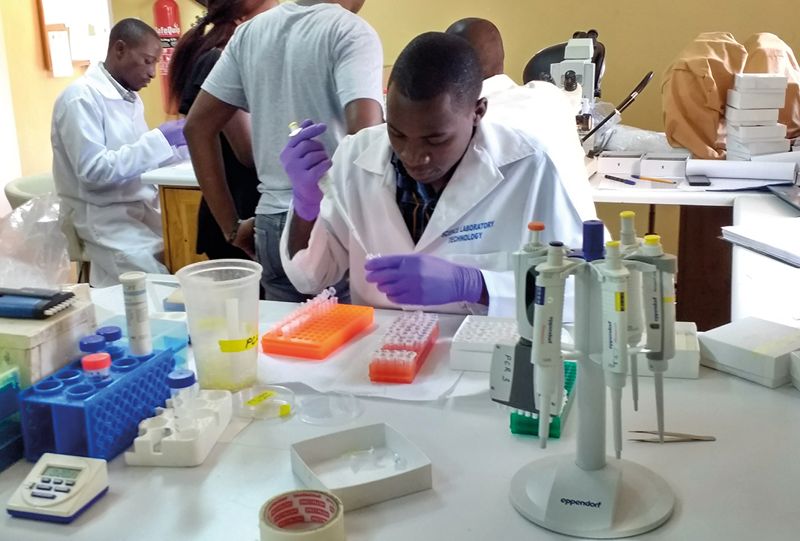Elizabeth Blackburn’s work on telomeres, for which she was jointly awarded the 2009 Nobel Prize in Physiology or Medicine, has turned her into a socially minded scientist. In a keynote lecture at the 68th Lindau Nobel Laureate Meeting in June, Blackburn — a biologist at the University of California, San Francisco — called on scientists young and old to follow the same path: “Let’s use our scientific prowess to be more active, politically.”
Read the rest of this news story in Nature Outlook: [html] [pdf].

Health researchers and workers use their training and the treatments available to them to prevent and treat illness. But they cannot bring their expertise to bear if they do not have the trust of the people that they are trying to treat.
This August, in the Democratic Republic of the Congo, communities in the midst of an Ebola outbreak continued traditional rural burial practices that include touching bodies, despite health workers’ advice on sanitary burials. Residents in the village of Manbangu burnt down a health centre and injured an Ebola health-care worker after one resident died of Ebola. Sometimes fear and misinformation drive even more violent behaviour: in a 2014 outbreak of the disease in Guinea, residents of the village of Womey killed a group of eight visiting health workers, journalists and government officials. Continue reading A matter of trust →
Journalist covering global development by way of science and technology.
